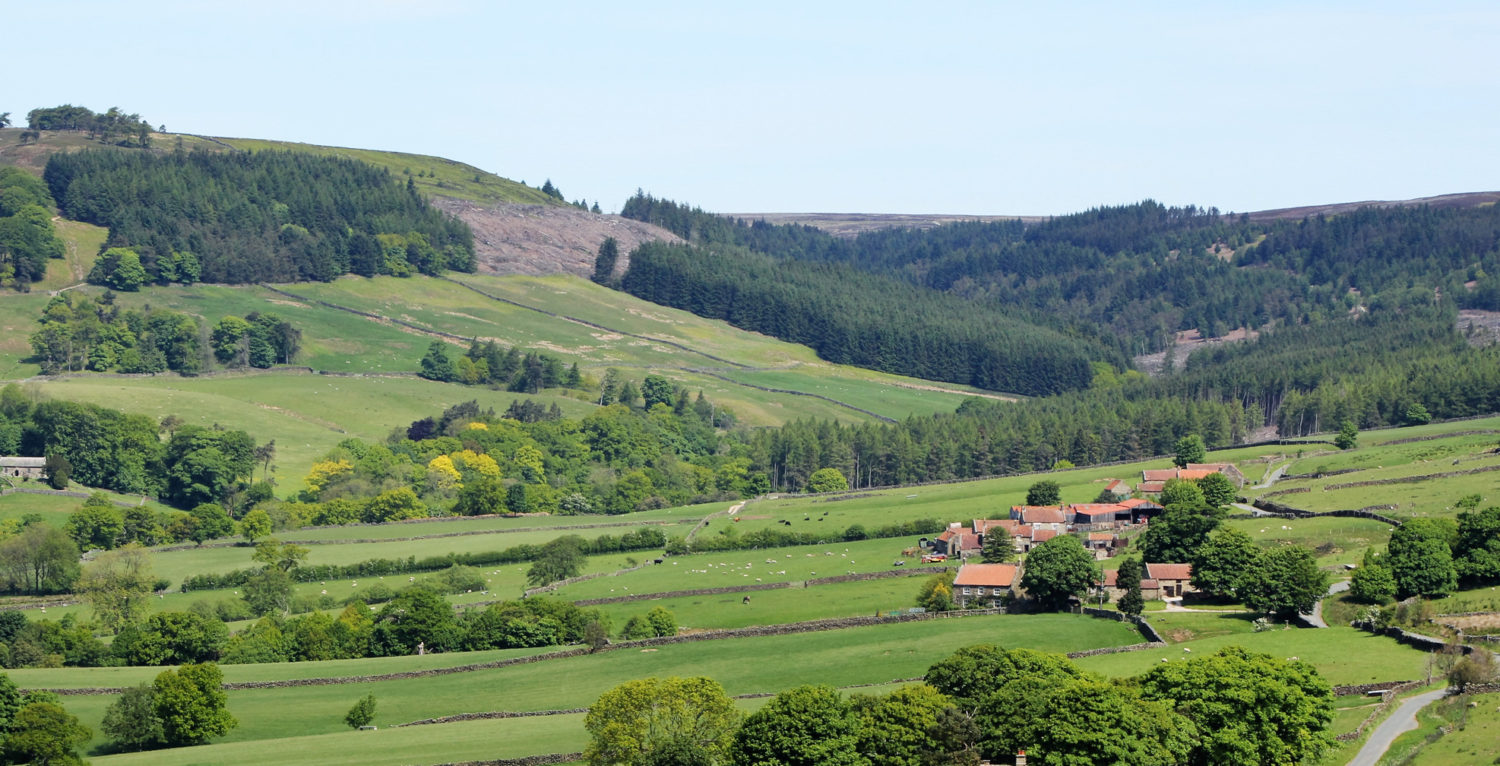The rural paradox
Labour must offer hope for those who love living in the countryside but struggle with the realities of rural life, argues Tobias Phibbs.
There’s a paradox to living in the countryside. On the one hand you benefit from the beauty and variety of the landscape, the richness of rural community life and a gentler pace of life. The pride of belonging to a distinctive place which is your own, in which you have status rather than urban anonymity and where you still know your neighbours. An outdoorsy upbringing for the children and the possibility of genuine quietness and darkness unspoilt by light pollution.
On the other hand, you are faced with creaking public infrastructure, rural poverty and an ageing population left without effective care provision. Substantially lower incomes – especially for young people – combined with often higher living costs. The lowest levels of social mobility in the country. The steady erosion of the civic assets that constitute community life, the pubs and post offices, bank branches and independent businesses – not to mention the rapid loss of the small farms that prop up rural economies and steward our distinctive landscapes.
This rural paradox is matched by the discrepancy between where people would like to live and where they actually live. As work from Centre for Towns and others has shown, rural communities have been worst affected by the so-called brain drain by which young people, especially graduates, leave the place they are from in search of economic opportunity and do not return. Those who are left are ageing – and this trend has been exacerbated by the net movement of nearly 600,000 people aged over 65 to small villages over the last three decades.
Yet new Fabian Society/YouGov polling shows that those living in rural areas have little desire to move to somewhere more urban. We asked rural respondents on a scale of 0–10 to what extent they would like to a more urban area, with 0 representing ‘I would definitely not like to move to a more urban area’ and 10 ‘I would definitely like to move to a more urban area’. The average score was just 2.4. This score held roughly constant across class and regional divides, party political voting intention and referendum vote, and even across age groups. By contrast, when we asked urban respondents the question in reverse the average score was 5.1, with even many young people in towns harbouring a desire – however romanticised and removed from the reality it may be – to move somewhere more rural.
When areas lose the industry that once provided work and the institutions that sustained a common life, many young people – especially graduates – will leave in search of economic opportunities, however invested in their home they feel. A young former Labour activist from rural Cornwall described to me her first-hand experience of ‘forced migration’ by which young people fail to find suitable work anywhere near their home and so are ‘compelled to leave for better opportunities’.
To resolve this rural paradox, Labour’s priority for rural areas must be the development of an industrial strategy which will enable people, if they wish, to stay put and lead a decent life rather than encouraging them to abandon their home and culture in the name of social mobility – a necessary corollary of which is the left behind. The countryside must also be supported so that it may retain its economic, cultural and aesthetic distinctiveness, rather than collapsing into commuter towns, retirement villages and endless suburbia.
The new Fabian Society report Labour Country argues that this would involve a tripartite economic strategy for rural areas consisting of: support for a rebirth of smallscale manufacturing and enterprise; place-based investment with legislation to protect pubs and high streets and regional banks created to invest local capital in local enterprise; and support for technical and vocational education.
Rural infrastructure will also require investment. We are also recommending that the appalling cuts to rural bus services be overturned and a long overdue review of Dr Beeching’s cuts to the railways take place. And to address the hidden housing and homelessness crisis in rural areas, housing must be built with locals involved in planning to ensure it fits with the local environment and prioritises locals rather than wealthy second-home owners or those buying up houses as assets. Finally, we need to support agriculture as we leave the EU. Without the restraints of the common agricultural policy, a Labour government will be able to rebalance support for farming in favour of small and marginal farms and those delivering public goods such as positive environmental and health outcomes.
Such an approach has the capacity to resolve the rural paradox and bring together our divided country, preventing our ageing rural communities becoming further politically, economically and culturally adrift. The potential rewards are significant – both for the countryside itself and the political party that can seize the moment.
To read the report in full, please click here.

